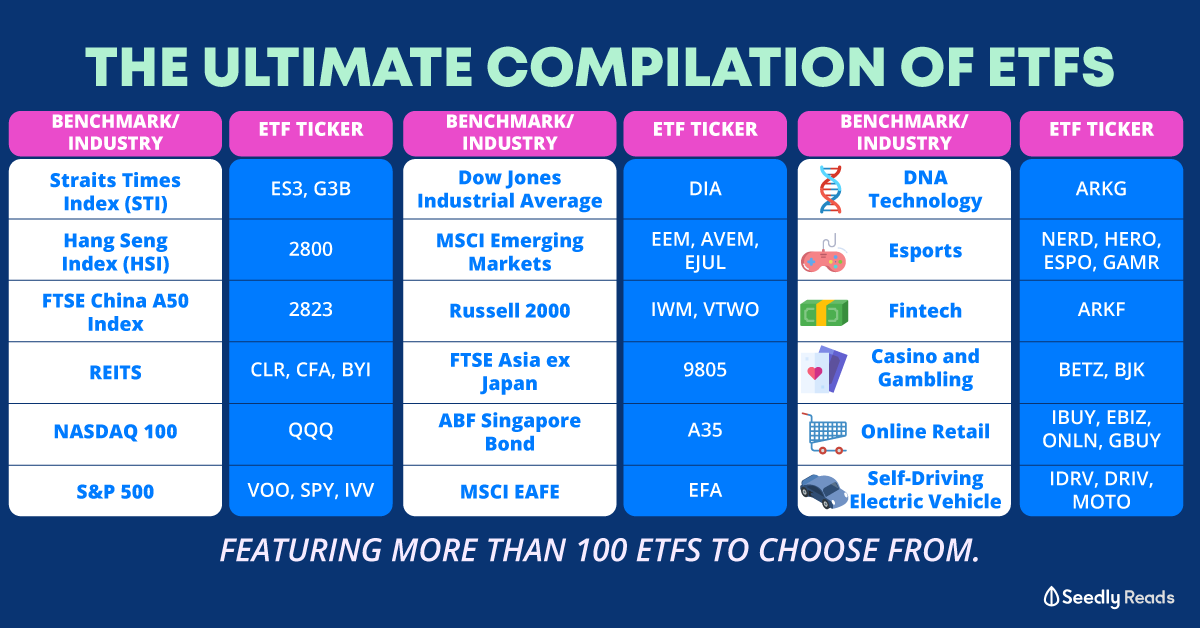Advertisement
Anonymous
How do we analyse and select the right mutual fund manager and fund? How do I also calculate all cost when I buy one unit trust or ETF?
What are some methods to analyse mutual funds and their managers to ensure their credibility? What's the best way to calculate the costs of an ETF or a unit trust?
7
Discussion (7)
Learn how to style your text
Collin Seow CFTe, CPM
20 Feb 2020
Founder at The Systematic Trader
Reply
Save
Calculating cost.
Not many will share how to calculate cost but usually give % as a gauge. Which when I read mean nothing to me personally. You will also see many share oh if you invest in this or that index in a specific year and sell in a specific year and wah this amount of profit.
But most of this exclude transaction cost if u bought individually or annual MGMT cost fees etc if from a basket of managed stocks.
To me the best way to see actual returns after costs is to find out if cost are deducted monthly or annually. Fix the fund price to make it consistent as u have no idea if it goes up or down.
Your capital is invested. Will convert into number of units. At certain point in time, this number of units will be deducted accordingly depending on your costs that u incur. If cost indicate as 1% of your portfolio value. Then find out actual cost. Then this actual cost will be paid by selling the relative number of units (in this case at the fixed consistent price). This result in your portfolio reducing.
Hence continue in this manner for cost calculation and deduction. If you do monthly dca or inject lump sum. Then input this cash injection as purchase and converted to units, which will also raise the following month cost due to higher portfolio value.
Next if dividends are declared and depending on reinvested or taken out. Calculate accordingly a conservative AMT.
After a period of time. U will see how big a chunk of profits r eaten by MGMT fees. And the actual profit in dollars u earned.
Personally I don't want to see returns come in after 30 years. I prefer income paid to "immediate" in cash. This cash then will then depending on circumstances, be reinvested if it was saved or just use as expense. Whichever way, it increase savings l.
Reply
Save
-read widely, self study: [https://www.google.com/search?client=firefox-b-......
Read 2 other comments with a Seedly account
You will also enjoy exclusive benefits and get access to members only features.
Sign up or login with an email here
Write your thoughts
Related Articles
Related Posts
Related Posts
Advertisement









This is how I will analyse a fund manager.
1) Age of fund ( longer the better)
2) Returns
3) Drawdowns ( from the highest point how much they drop)
4) Stimulated Equity curve
5) Exchange risk ( if you spend in SGD, then SGD is best)
6) Cost ( front end cost, management fee, back end cost)
7) Diversification ( Are they focus on any particular stock?)
In general, ETF is cheaper than Unit trust. Unit trust is actively managed which means you need to pay the fund manager.